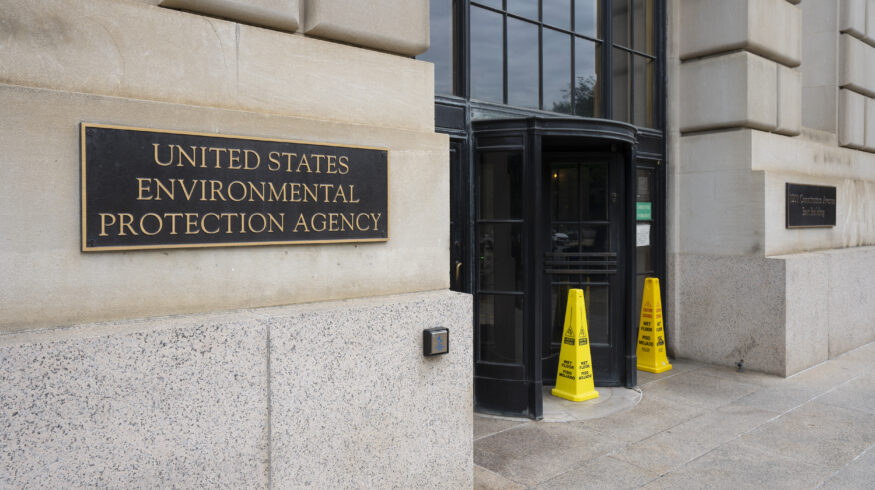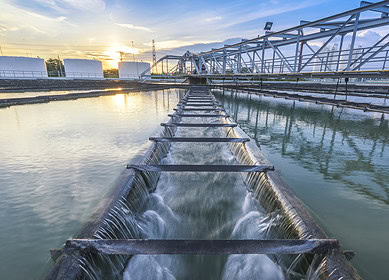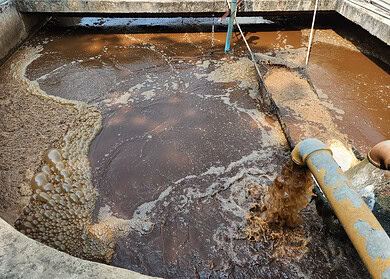U.S. EPA suspends DCPA pesticide over serious health risks

In a decisive move on August 6, the U.S. Environmental Protection Agency (EPA) announced the emergency suspension of all registrations of the pesticide dimethyl tetrachloroterephthalate (DCPA), commonly known as Dacthal. This marks the first time in nearly four decades that the EPA has taken such an action, underscoring the gravity of the health risks posed by the chemical.
DCPA has been primarily used in agriculture, particularly on crops such as broccoli, cabbage, and onions, with approximately 84,000 pounds applied annually between 2018 and 2020. However, mounting evidence has shown that exposure to DCPA can lead to serious health issues, particularly for unborn babies. The EPA’s decision was driven by findings that DCPA exposure could cause irreversible harm to fetal thyroid hormone levels, potentially resulting in low birth weight, impaired brain development, decreased IQ, and lifelong motor skill challenges.
The EPA’s Assistant Administrator for Chemical Safety, Michal Freedhoff, emphasized the urgency of the situation, stating, “DCPA is so dangerous that it needs to be removed from the market immediately. Pregnant women, who may never even know they were exposed, could give birth to babies with irreversible health problems. That’s why, for the first time in almost 40 years, the EPA is using its emergency suspension authority.”
The suspension follows the EPA’s 2023 assessment, which revealed that DCPA posed significant risks even when workers wore personal protective equipment. Although AMVAC Chemical Corporation, the manufacturer of DCPA, suggested longer waiting periods before workers could re-enter treated fields and proposed limits on how much of the chemical could be handled, the EPA found these measures insufficient. Despite company claims that these protocols could mitigate the risks, the agency determined that dangerous levels of DCPA could persist for more than 25 days after application, far exceeding the manufacturer’s recommended 12-hour restriction.
Given the severity of these risks, the EPA concluded that the normal review process would take too long, leaving people at risk in the interim. The emergency order, effective immediately, was deemed necessary to protect public health. AMVAC Chemical Corp. did not immediately respond to requests for comment.
This historic decision by the EPA signals a strong commitment to protecting public health, particularly the most vulnerable populations, from dangerous chemicals in the environment.
Enjoyed this story?
Every Monday, our subscribers get their hands on a digest of the most trending agriculture news. You can join them too!














Discussion0 comments